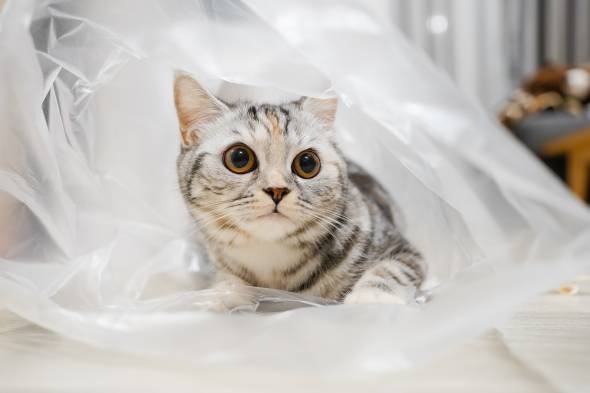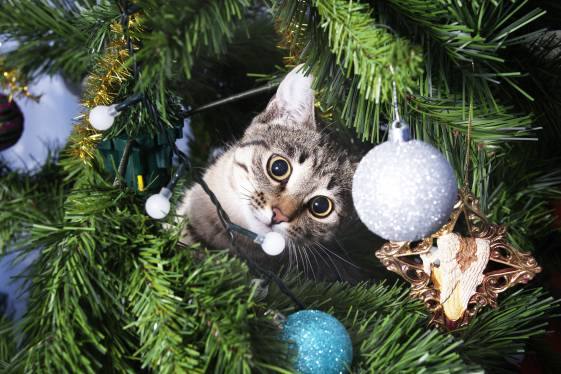
Connect with a verified veterinarian in minutes. Licensed vets are available 24/7 to answer your questions. No need to worry about your furry family member.
Do you enjoy eating jalapeño peppers? Many people do! Jalapeños are enjoyed for the spicy, hot taste they add to many types of cuisine. But what happens if a cat eats jalapeños?
Has your cat eaten jalapeños? Are you worried the jalapeños will make your cat sick? If so, then you’ve come to the right place. We understand it can be scary when a cat eats something he shouldn’t.
In this article, we’ll take a look at jalapeños and whether or not they can make a cat sick. Let’s get started!
What are Jalapeños?
Jalapeños are a type of medium-sized peppers, which have a mild to moderate amount of heat (spiciness). They’re commonly used in everything from chili to salsa and more. Some people even eat jalapeños straight, without anything else!
The peppers originally came from the state of Veracruz in Mexico, and the name of the peppers comes from the state’s capital, which is Xalapa.
Did you know that jalapeños belong to the nightshade family? This means they’re related to potatoes, tomatoes, and eggplants.. Jalapeños are a spicy member of the nightshade family. They get their heat from a substance called .
While humans enjoy eating jalapeños, are they safe for cats? Can cats eat jalapeños?
Jalapeños & Cats
In short, jalapeños are not good for cats. While they’re not toxic to cats, the capsaicin they contain can cause problems for a cat’s sensitive digestive tract. Capsaicin may irritate the mouth, esophagus, and other parts of the digestive tract.

Review symptoms, medications & behavior to keep your pets healthy with a Vet Online in just minutes.
Ask a Vet Live NowSymptoms of Jalapeño Ingestion in Cats
You may notice these symptoms if your cat has eaten jalapeños:
- Nausea
- Vomiting
- Diarrhea
- Drooling
- Skin irritation
- Wheezing/difficulty breathing
If you notice any of these symptoms in your cat, then it’s time to call the vet. Be sure to let the vet know about how many jalapeños or how much of a single pepper your cat has eaten. Also, tell them about when your cat ate the jalapeño(s) as this information can be helpful..
Treatment of Jalapeño Ingestion in Cats
Treatment will depend on your cat’s symptoms. If he has vomiting and diarrhea, then the vet can provide medications that can help to stop these issues.
If your cat has had continuous vomiting and diarrhea, then the vet may need to treat your cat with IV fluids. These will help to rehydrate your fur baby and make them feel better again. The vet will also be able to treat other symptoms as they arise, such as skin irritation and nausea.
The good news is that most cats will make a full recovery after eating jalapeños. Many cats don’t like the smell of these peppers in the first place and are unlikely to eat much of them, so serious side effects are rare, However, we bet the cat won’t eat any jalapeño at all in the future!
Connect with a verified veterinarian in minutes. Licensed vets are available 24/7 to answer your questions. No need to worry about your furry family member.

Rebecca MacMillan, BVetMed BSAVA PGCertSAM MRCVS
This article has been reviewed and approved by an independent Veterinarian: Rebecca is a companion animal vet who has always had a passion for writing and client communication. Since her graduation from the Royal Veterinary college in 2009 she has gained a wealth of experience in first opinion small animal practice, in both clinical and managerial roles. She currently works in the South West and deals with a variety of routine and emergency appointments, but particularly enjoys medicine cases. Outside of work and writing, she enjoys spending time with her family, including her bouncy flat coated retriever George!
Review symptoms, medications & behavior to keep your pets healthy with a Vet Online in just minutes.
Ask a Vet Live Now




